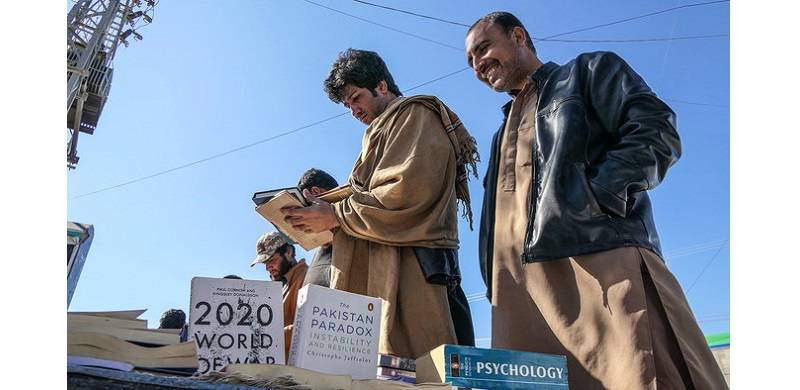
According to a research paper published in the Journal of Happiness Studies, income inequality is found to hurt life satisfaction. Balochistan, the richest province of the country, appears to be a great example of what persistent unemployment for years can do to people.
Unlike other parts of the world, the dismal employment situation might not be the most burning issue of the province, as Balochistan has been facing multiple challenges which include a feeble education system, inflation, a general economic crisis, political instability, enforced disappearances, and the list goes on.
Nevertheless, due to a lack of employment opportunities in Balochistan, the youth of the province is more vulnerable compared to other provinces. The unemployment rate in the province stands at 4.3% this year, which means some 531,050 people will remain unemployed for this fiscal year. The possibility of exploiting natural resources in Balochistan is extremely lucrative for political leaders, but when the province suffers from the challenges mentioned above, they turn a blind eye to the province and its people.
More importantly, according to the International Labour Organisation (ILO), the rate of youth participation in the labour force in Balochistan is 44.44%, which is the lowest among all the other provinces of the country. The people of Balochistan dream of having government jobs. It is because they are told since their childhood that they must work hard and bring good grades to get a respectable Sarkari Naukri (government job) after completing their education. Several graduated students are still without jobs – spending their lives in hardship. But they cannot attract the attention of social and electronic media themselves, which is the true inequality for Balochistan and its people.
According to the reports, each year nearly 25,000 students graduate from different universities in Balochistan, but unluckily, only 2,000 can manage to secure jobs others are in hot water.
The unemployment figures have tragic consequences: a high rate of suicide cases, growing criminal activities, robbery, a drop in consumption and illicit acts against the law are driven by job deprivation. Any problem in Balochistan is further amplified by the level of unemployment.
The federal government must ensure that the few remaining business opportunities for young people in the province are kept open – such as those provided by the borders with Iran and Afghanistan, where the unemployed can at least secure some form of work under poor conditions. Moreover, the authorities have to foster increased job creation in the province.
Unlike other parts of the world, the dismal employment situation might not be the most burning issue of the province, as Balochistan has been facing multiple challenges which include a feeble education system, inflation, a general economic crisis, political instability, enforced disappearances, and the list goes on.
Nevertheless, due to a lack of employment opportunities in Balochistan, the youth of the province is more vulnerable compared to other provinces. The unemployment rate in the province stands at 4.3% this year, which means some 531,050 people will remain unemployed for this fiscal year. The possibility of exploiting natural resources in Balochistan is extremely lucrative for political leaders, but when the province suffers from the challenges mentioned above, they turn a blind eye to the province and its people.
More importantly, according to the International Labour Organisation (ILO), the rate of youth participation in the labour force in Balochistan is 44.44%, which is the lowest among all the other provinces of the country. The people of Balochistan dream of having government jobs. It is because they are told since their childhood that they must work hard and bring good grades to get a respectable Sarkari Naukri (government job) after completing their education. Several graduated students are still without jobs – spending their lives in hardship. But they cannot attract the attention of social and electronic media themselves, which is the true inequality for Balochistan and its people.
According to the reports, each year nearly 25,000 students graduate from different universities in Balochistan, but unluckily, only 2,000 can manage to secure jobs others are in hot water.
The unemployment figures have tragic consequences: a high rate of suicide cases, growing criminal activities, robbery, a drop in consumption and illicit acts against the law are driven by job deprivation. Any problem in Balochistan is further amplified by the level of unemployment.
The federal government must ensure that the few remaining business opportunities for young people in the province are kept open – such as those provided by the borders with Iran and Afghanistan, where the unemployed can at least secure some form of work under poor conditions. Moreover, the authorities have to foster increased job creation in the province.

